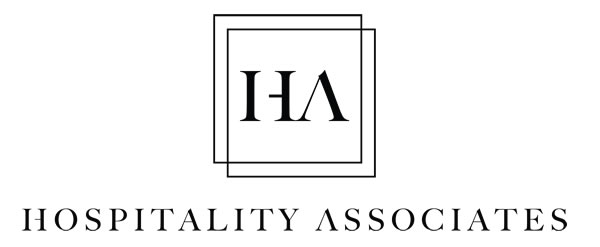Every hotel (in fact every business) should have a CRM (Customer Relationship Management) Strategy. Done well, it becomes the powerhouse behind your business. Without one, your hotel sales efforts will be less efficient, less strategic and less effective.
Why is a CRM so important?
1. It keeps track of customer interactions and relationship history
Sales people come and go, but the relationship your hotel has with its clients should continue despite these changes. A robust CRM strategy lets you keep track of the relationship with every single client, so it can be maintained regardless of which team members stay or leave.
2. It stops opportunities from slipping through the cracks.
Within the CRM you can schedule sales calls, follow-up and re-engagement strategies. You can harvest data from enquiries from the previous year (or defined period). With such detailed information at your fingertips (and ideally integrated with your task management system and calendar) you are less likely to overlook important opportunities.
3. It lets you build your knowledge of your clients and build a stronger relationship with them.
Each interaction you have with a client gives you a bit more information about them. Maybe you learn their birthday, their favourite food or drink or where they love to holiday. Maybe they talk about their kids or dog or partner or friends. Each piece of information can be stored to help you get to know them on a deeper level and identify opportunities that really suit their needs.
4. It lets you tailor the sales and customer experience more.
Using the data you collect about a particular client, you can tailor their customer experience to suit their preferences, passions and needs.
5. A well-developed CRM strategy helps to focus your team and make better use of their time.
A great CRM will help you avoid double-up, wasted effort or a lack of focus from your team. You can identify the types business that is most profitable, and focus your team on similar clients. You can set three, six and twelve-month “sprints” with a focus on particular categories or clients. And with an effective CRM strategy, your team should never have to ask “what should I do next?”
6. Analysis of your CRM data helps you see the weaknesses and opportunities in your business and marketing.
Your CRM reporting might highlight specific industries or business types that you’re not targeting well. It can highlight the trends and patterns in the business you’re converting well, and the opportunities you’re missing. It can provide powerful insights that you probably wouldn’t get without analysing its data.
What are the barriers to creating an effective CRM Strategy
1. Cost
Many CRM solutions are seen as expensive. Mostly operating on a monthly or annual subscription, they are a fixed cost which you might not want to add to your sales and marketing budget. But when you look at them in terms of value (the human resources hours saved, the improved focus and higher sales conversions) you can easily assess whether the investment is worth it.
2. Resources required to set it up
Setting up your CRM definitely takes time and resources. The quality of the output is directly linked to the quality of set up and input. But this is one of those project that your future business will thank you for.
3. Team compliance
This is the biggest challenge we see in every business – getting your team to use the CRM properly and consistently. It needs to be ingrained in your team culture because no CRM can be truly effective with incomplete information. Part of the CRM set up should be proper training and on boarding with your team, and it should be a fundamental part of each new team member’s induction.
Our top tips for creating a hotel CRM strategy.
1. Create a strategy
Start by identifying the priority information you need to help your business grow and succeed. Don’t just start collecting any data – map out the information that will help you make the best decision and focus your resources in the most effective way.
2. Make it easy
Invest in a robust system that is convenient and user-friendly for your team to keep up-to-date. If it’s complex or too time consuming, you’ll struggle to get your team to be compliant. Ideally look for mobile access and email/text inputting capability, so they can capture information easily if they’re on the road. Set an expectation that data is entered consistently and in a timely way – so they’re not struggling to remember details down the track.
3. Link CRM quality and reporting to your team’s KPIs
As Peter Drucker says “you can’t manage what you can’t measure”. Give each team member specific KPIs linked to your CRM strategy and have regular discussions about the consistency and quality of their adherence to the CRM strategy.
If you need help auditing or setting up your CRM or other sales processes, please don’t hesitate to get in touch with the Hospitality Associates team.

